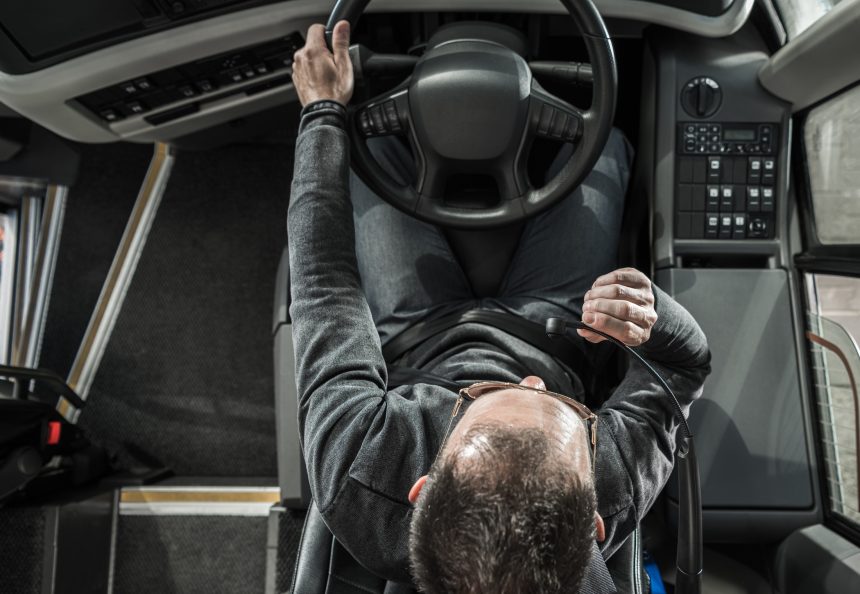Government plans to partially relax the 50km, regular service restriction placed on the youngest PCV drivers should go further and those limits should be dropped entirely, trade body RHA has said in its response to a consultation on the proposals.
Under the position advocated by the Department for Transport (DfT) in that document, the 50km limit for drivers aged 18 and 19 will be removed only on regular services, and not those that are occasional or unscheduled.
Such an approach would “do little to benefit the coach sector,” says RHA, and it wants DfT to amend its current proposal to bring occasional and unscheduled services – which include private hire, tours and others – into scope of the relaxation.
Its submission highlights how HGV drivers of the same age are subject to no restrictions when they are qualified and thus the Association advocates parity between PCV and HGV in the approach that is ultimately adopted.
Policy Lead, Skills and Drivers, Sally Gilson says that DfT’s proposed change, while welcome and supported by RHA coach operator members, will not go as far as needed to help ameliorate the current coach driver shortage.
“The coach sector is a great social and economic enabler, so we need to do all we can to ensure it is in the best place to support tourism, leisure and other sectors. We urge ministers to go a step further and allow this age group to drive on unscheduled services, which would boost numbers and therefore the economy.”
Separately, RHA has voiced opposition to plans to allow trainee PCV and HGV drivers to undertake theory and off-road parts of that process before receiving a provisional licence for the appropriate category, which are contained in the same consultation as proposed changes to the 50km restriction.
RHA cautions that employers could incur “unnecessary costs” if the trainee is subsequently found to have medical issues or driving convictions that would prevent them from driving large vehicles on the road.
It says that presently, wait times for receipt of provisional licences from DVLA are around five to 10 days. To reduce that further, the Association has used its submission to suggest introduction of a digital provisional licence
Ms Gilson says that the proposed changes for trainee vocational drivers offer little real benefit and that they could “spark unintended consequences when drivers in training are turned down for their provisional licence.”
The consultation response has also been used by RHA to underline its position that change to driving and working hours regulations for coach drivers should be introduced to the UK. That has recently happened in the EU for occasional services and the Association now wants DfT to consult on doing similar here.
Full RHA response to the consultation here.



























